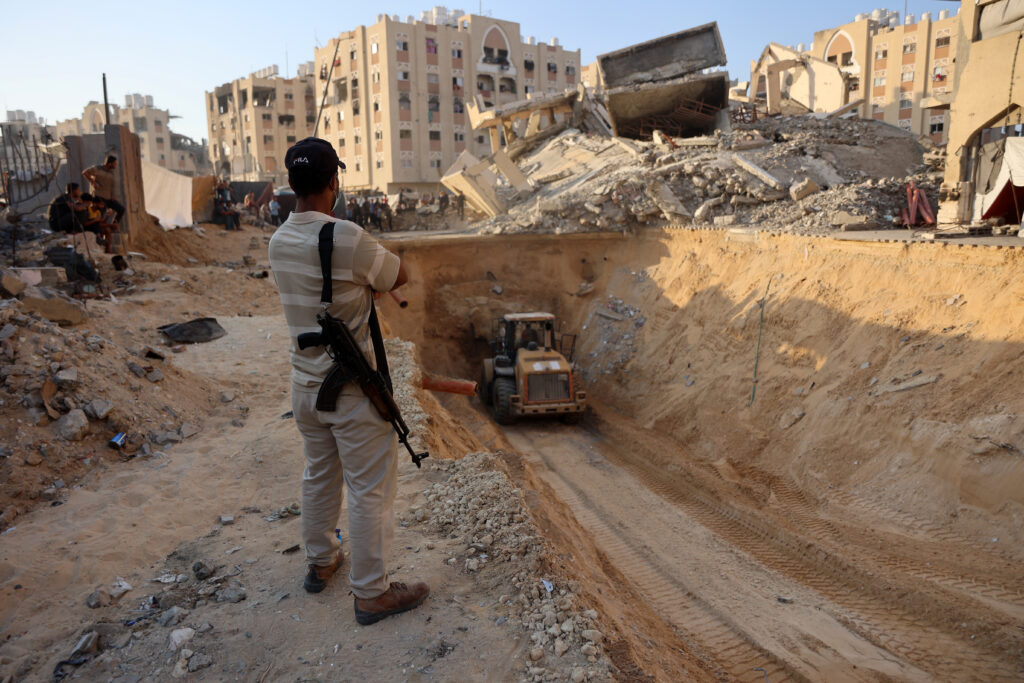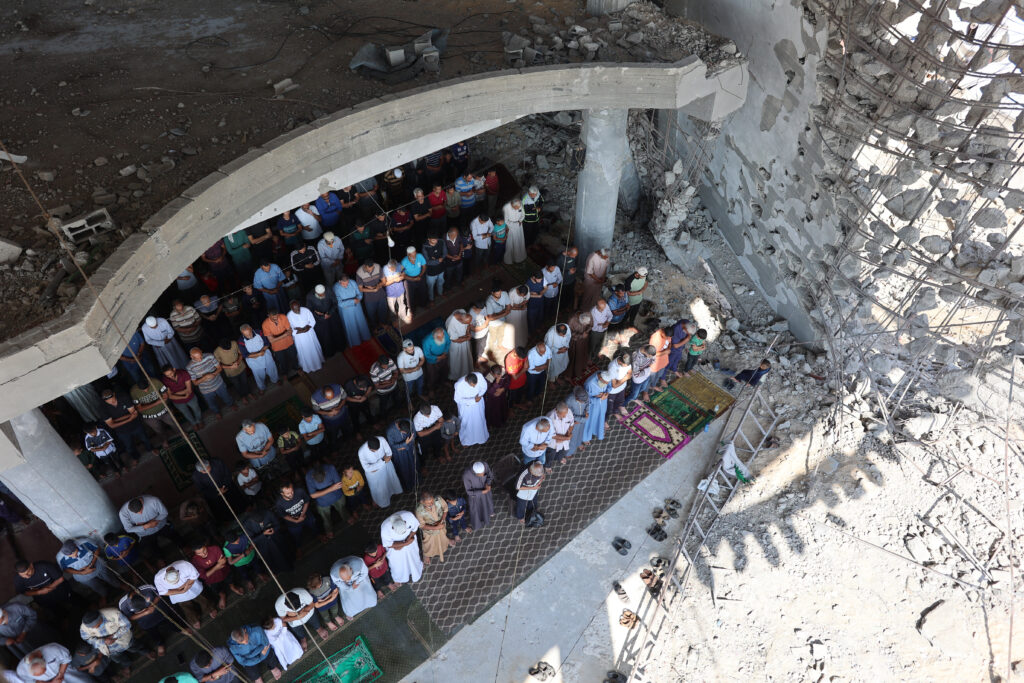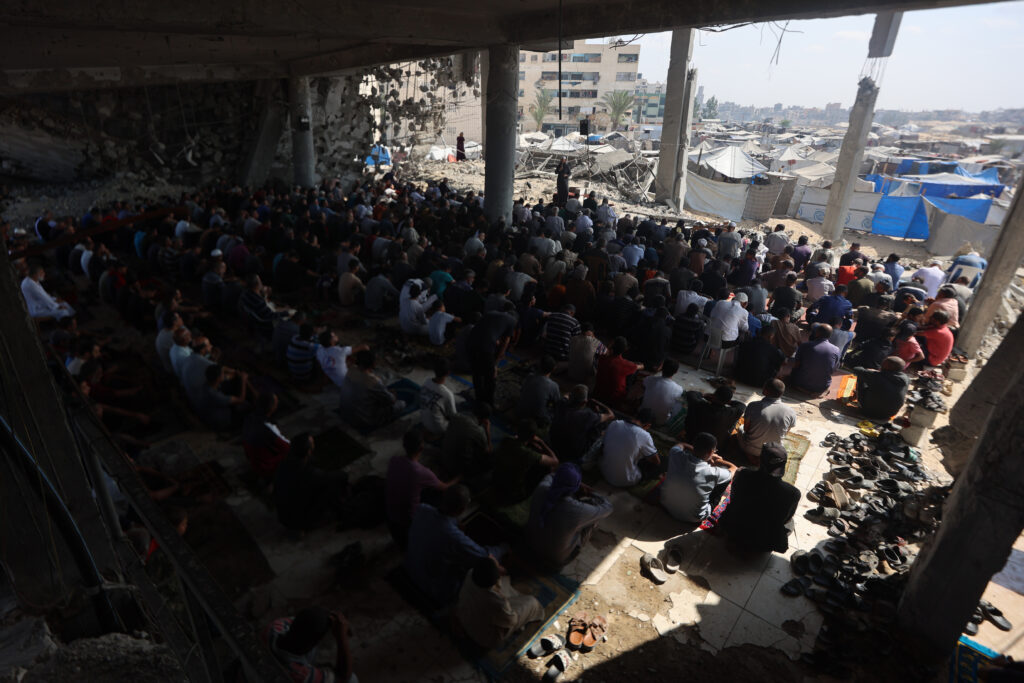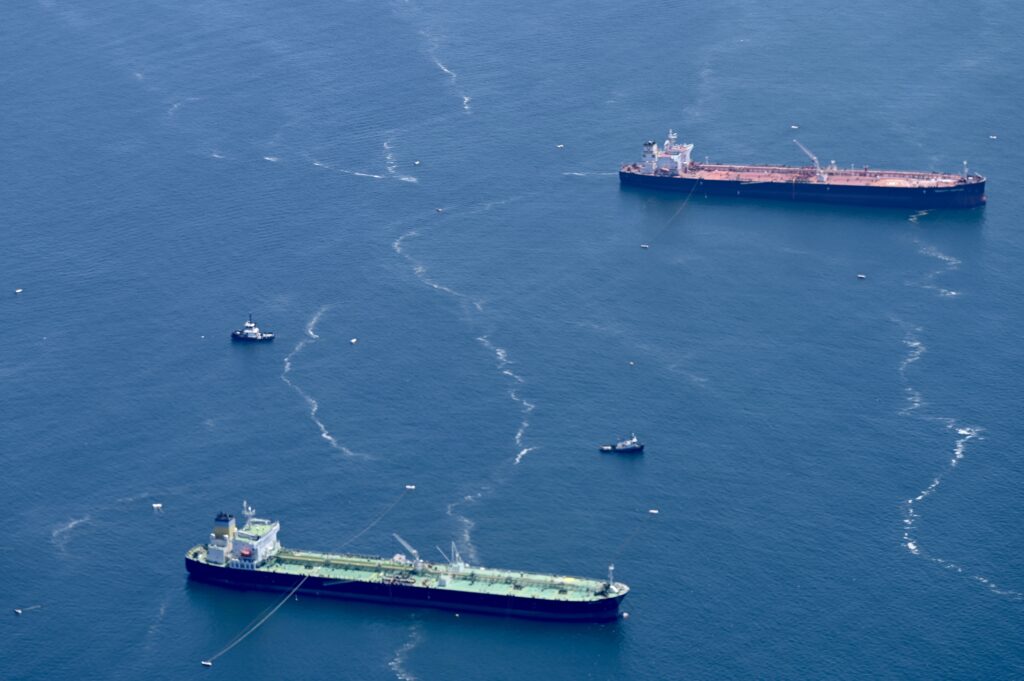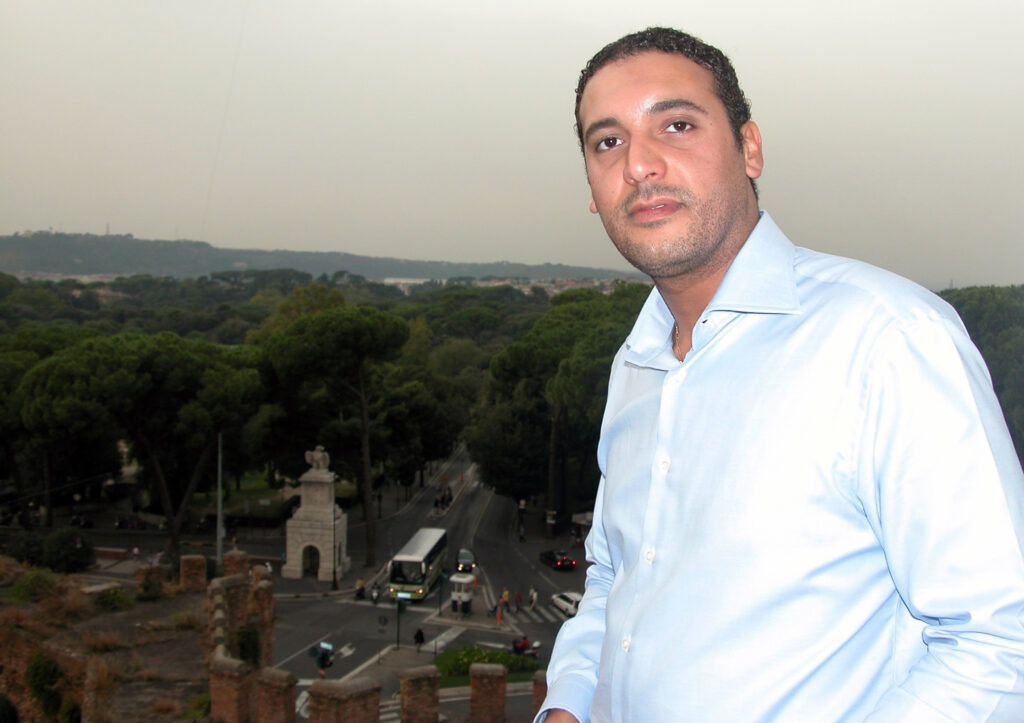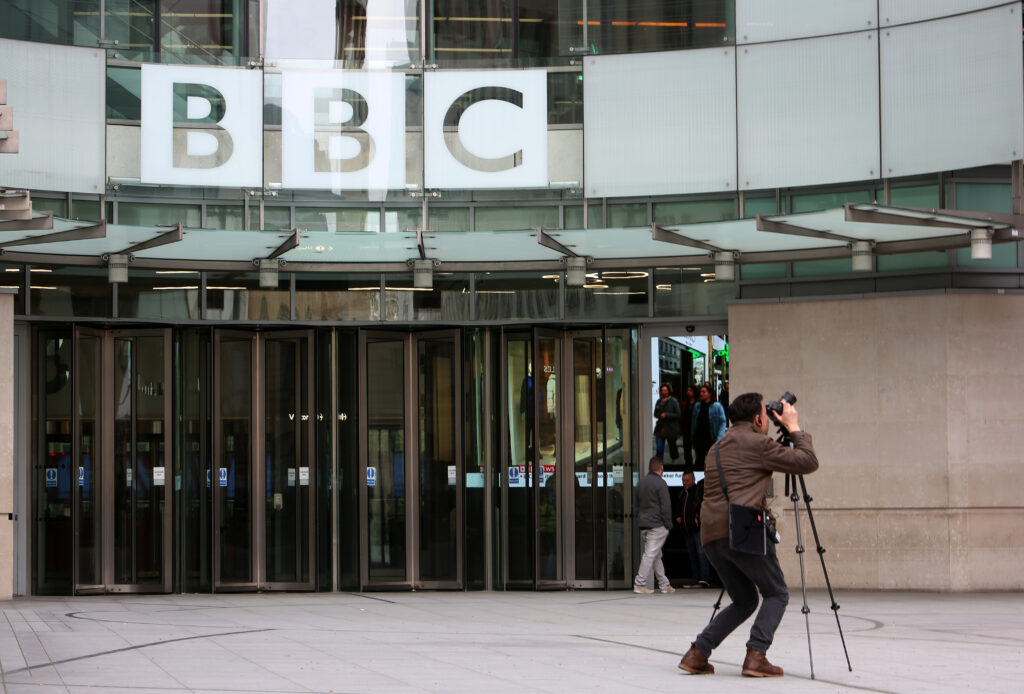Hamas to give Israel another hostage body, vows to return rest
Hamas promised to hand over to Israel the remains of one more hostage on Friday night, after insisting it was committed to returning all the dead captives still unaccounted for under Gaza’s ruins.Turkey, responding to a Hamas call for help in finding the remaining hostage bodies, has dispatched a team of specialists to help retrieve remains buried under the rubble, but the group was still waiting Friday for Israeli permission to enter the territory.The 81-member team from Turkey’s Disaster and Emergency Management Authority (AFAD) is equipped with specialised search-and-rescue tools, including life-detection devices and trained search dogs.”It remains unclear when Israel will allow the Turkish team to enter Gaza,” a Turkish official told AFP, noting the team’s mission included locating both Palestinian and hostage remainsA Hamas source told AFP the Turkish delegation was expected to enter by Sunday.Under a ceasefire agreement between Israel and Hamas spearheaded by US President Donald Trump, Hamas returned 20 surviving hostages and the remains of nine of 28 known deceased ones — along with another body which Israel has said was not that of a former hostage.In exchange, Israel freed nearly 2,000 Palestinian prisoners from its jails and halted the military campaign it launched in Gaza after Hamas’s October 7, 2023 attack.Hamas said Friday that as part of the deal, its armed wing “will hand over the body of one of the Israeli captives, which was recovered today in the Gaza Strip, at 11:00 pm Gaza time (2000 GMT)”.- ‘May require some time’ -Israel’s Prime Minister Benjamin Netanyahu reaffirmed on Thursday his determination to “secure the return of all hostages”, and his defence minister has warned that the military will restart the war if Hamas fails to do so.Senior Hamas official Ghazi Hamad on Friday called those threats “unacceptable pressure tactics”.”The issue of the bodies is complex and requires time, especially after the occupation changed the landscape of Gaza,” Hamad said in a statement.”We will return the bodies and adhere to the agreement as we promised.”The ceasefire deal has so far seen the war grind to a halt after two years of agony for the hostages’ families, and constant bombardment and hunger for Gazans.The UN’s World Food Programme said on Friday it had been able to move close to 3,000 tonnes of food supplies into Gaza since the ceasefire took hold.But it cautioned it would take time to reverse the famine in the Strip, saying all crossings needed to be opened to “flood Gaza with food”.Trump’s 20-point plan for Gaza calls for renewed aid provision, with international organisations eagerly awaiting the reopening of southern Gaza’s strategic Rafah crossing.UN humanitarian chief Tom Fletcher entered Gaza on Friday, where he watched a convoy of aid head to Rafah from Israel’s Kerem Shalom crossing and later visited a bakery making pita bread. “We’ve begged for this access for months and finally we’re seeing goods moving at scale: food, medicine, tents, fuel, a lot of fuel got in today,” he said, in a video message posted to social media.The next phases of the truce should also include the disarmament of Hamas, the offer of amnesty to Hamas leaders who decommission their weapons and establishing the governance of post-war Gaza.- ‘Better than living on street’ -The families of the surviving hostages have been able to rejoice in their return after two long years. Others have had to endure the agony of burying the returned remains of their loved ones.”We’ve been waiting for this for so long, two years that we’ve been fighting for him every single day,” said 30-year-old Gal Gilboa Dalal, the older brother of Guy Gilboa Dalal, who was released after two years in Hamas captivity.Gal told AFP that Hamas had intentionally starved his brother and another prisoner for three-and-a-half months to use him as a prop in a propaganda video about hunger.”Their bones hurt, their muscles hurt. Their recovery will be very long.”At the Nasser Hospital in Gaza, meanwhile, families gathered in front of a screen, hoping to find their loved ones among the bodies of Palestinians returned by Israel.One, Akram Khalid al-Manasra, told AFP he identified his son “thanks to the birthmark on his nose and his teeth”.Others were clearing the rubble from their destroyed homes, undercutting their relief that the bombing had stopped.”I’m right under the threat of death. It could collapse at any moment,” said Ahmad Saleh Sbeih, a Gaza City resident. “But there is no choice.”The war has killed at least 67,967 people in Gaza, according to the health ministry in the Hamas-run territory — figures the United Nations considers credible.The data does not distinguish between civilians and combatants but indicates that more than half of the dead are women and children.Hamas’s October 7 attack on Israel resulted in the deaths of 1,221 people, mostly civilians, according to an AFP tally based on official Israeli figures.
